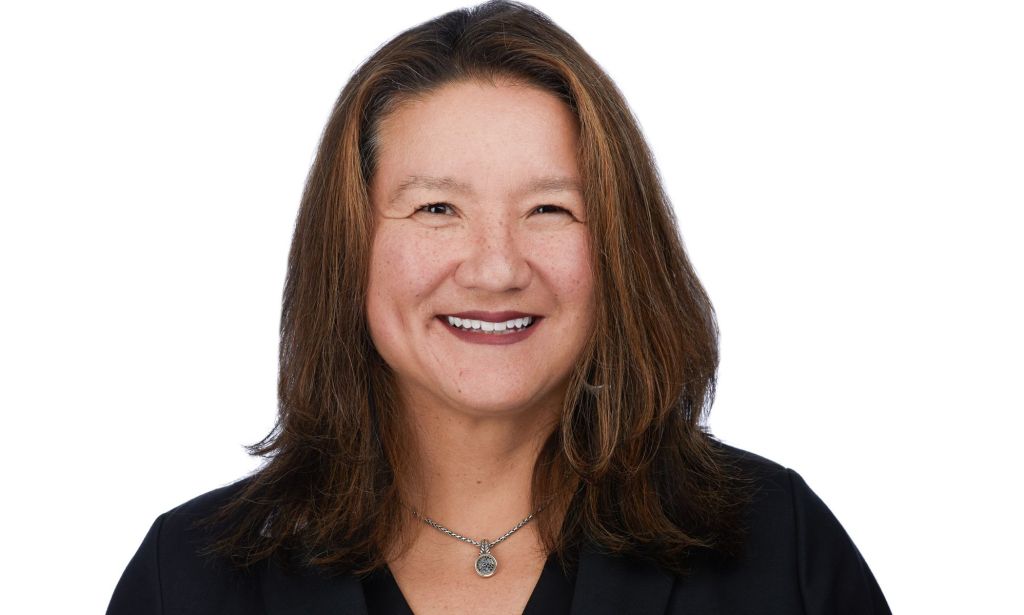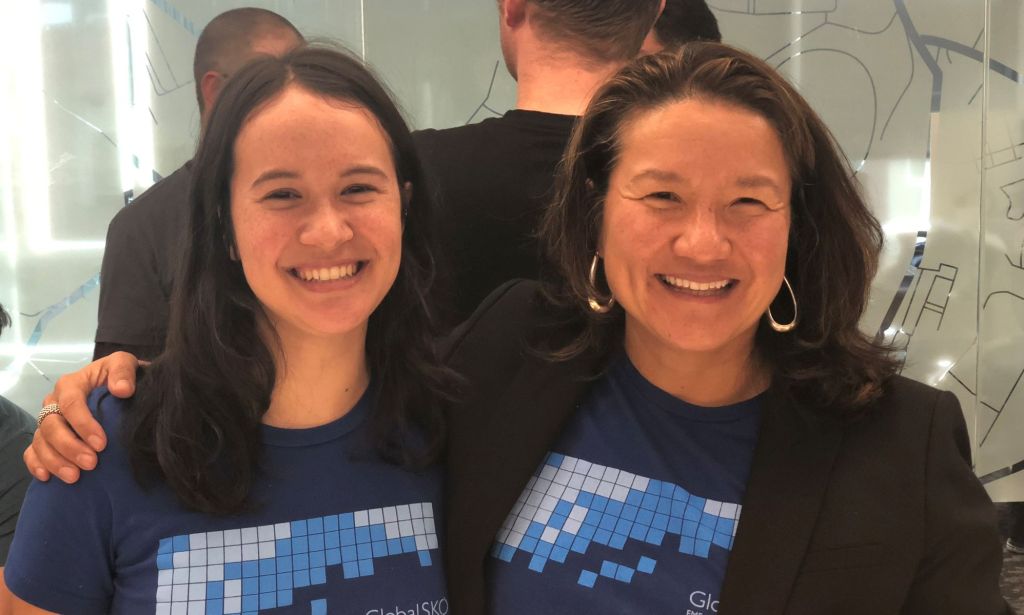Positive online reactions to Pride outweighed the negative, according to social listening firm

While the anti-LGBTQ+ rhetoric seemed especially loud, data shows positivity outshined the negative online. (Getty Images)
PinkNews speaks to a tech leader to learn how social listening can help provide a clearer picture of the reaction to Pride campaigns, and how a diverse C-suite involves mentorships and networking.
This past Pride Month saw some legacy brands succumb to outcry and threats from conservative voices, but through social listening, recent data suggests that the amount of anti-LGBTQ+ rhetoric pales in comparison to the number of positive messaging.
“Social listening is monitoring and analysing social media content so it can help identify and assess what is being said about a person or a brand,” says Seujan Bertram, the chief operating officer at NetBase Quid, a software firm that specialises in AI-powered social listening tools.

As a gay woman of colour who runs the operations at the social listening firm, Bertram has a special interest in figuring out how public sentiments impact brand reaction and ultimately sales figures. During this past Pride Month, Bertram paid close attention to public opinion on pro-LGBTQ+ promotions and initiatives during Pride Month.
Using NetBase Quid tools, Bertram and her teams analysed conversations in May and June of 2023 and found that of the nearly nine million Pride-related posts or conversations, overall positive sentiment was at 87 per cent.
The data demonstrates that the positivity outweighed the negativity, yet the outrage directed at Pride campaigns seems to be louder in social circles. Bertram tells PinkNews that oftentimes the “angriest voices get amplified ridiculously, and we start to think “Oh, that’s the way it is”.”
The North Face’s authenticity and commitment to Pride proved positive for the brand
While Bertram was personally disappointed in Bud Light’s response to a collaboration with trans influencer Dylan Mulvaney, she highlighted The North Face and their continued partnership with drag queen Pattie Gonia as a case study of how staying authentic leads to positive growth.
A NetBase Quid analysis of social media conversations about The North Face and Patti Gonia’s content found that only 3% of the over 1.5 million mentions of the brand since the collaboration began two years ago, were negative.
Bertram writes in the report that while the negativity can be overwhelming “in the moment,” it actually had “a negligible impact.”
Bertram says that the brand staying strong to their message “and not getting swayed by these every once in a while angry messages that popped out” ultimately led to them posting double-digit sales growth this year.
“They stuck to their message,” she says, “They maintained their core beliefs and values and it continues to only help their business.”
“I am who I am”
Much like The North Face, Bertram’s own commitment to authenticity has helped her to reach the C-suite as a gay woman of colour.
After a decade of teaching in high school in upstate New York, Bertram felt like a career change was needed to help her live to her authentic self.
Bertram says that she began to “wonder what else is out there.”
“So on the last day of my 10th year of teaching, I put my house up for sale, gave away everything I own, packed my little Honda Civic up and drove to Seattle just seeking my fortune.”
Bertram was seeking a new start in her career, but also seeking the opportunity to live her authentic life. Not only often times being the only person of colour, but she also lived her life deep in the closet and rarely talked to anyone about her personal life.
“I put so many miles on my car so I could have at least 60 miles between my home and my work because I did not want to run into anyone at the grocery store.”
With Seattle being a much more welcoming place than parts of upstate New York, Bertram has never felt the need to hide her authentic self.
“I am who I am, this is me.”

Once in Seattle and with the opportunity to live her authentic life, Bertram found herself working with some of the biggest names in tech including at Starbucks where she led an engineering team that built the first version of the mobile app.
After years of being in the C-suite, Bertram acknowledges the lack of representation for women, the LGBTQ+ community and other marginalised communities in senior executive roles, “it’s still predominantly white, male, heterosexual and cisgender.”
She continues: “They tend to have very homogeneous networks, people who look a lot a lot like them.”
Bertram believes that through networking and mentorship, the boardroom will be more reflective of the customer base and there will be a greater diversity of thought.
“We need to reflect our population and the customers we serve,” she says, “If we don’t, we’re becoming more and more disconnected from what their needs are.”
Bertram also notes that diversity within leadership increases accountability throughout the organisation.
“If you’ve got diversity at the C-suite level, then we’re learning from each other,” she asserts.
Bertram says that the homogeneous C-suite includes “a lot of the assumptions and the language and the tropes are completely accepted.” She has made it a point to have to educate and in some cases, re-educate colleagues on how to avoid causing micro-aggressions.
“I think that it helps increase accountability,” she concludes. “And I think it teaches people to think both ways.”

